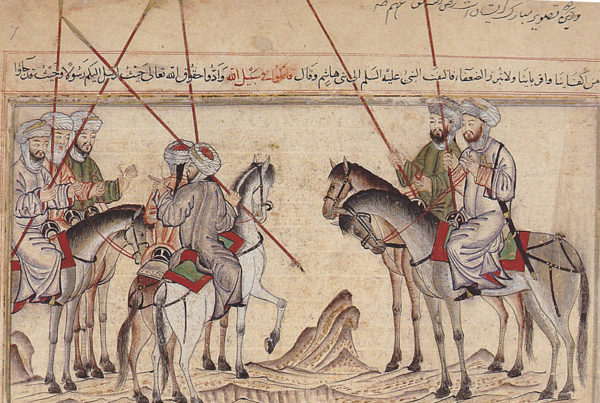If you are one of those who normally sneer at “Think Globally, Act Locally” nostrums to complex problems, or ignores shrill alarms from environmental activists; there is one problem. You cannot always be right. There is a critical series of problems looming over the horizon with all the cheerful insouciance of an iceberg drifting into a busy shipping lane. Let us put it this way: Do you like the idea of having our food supplies healthy, cheap, available and safe?
There are two books that should instill fear. The first is Andrew Nikiforuk’s Pandemonium: Bird Flu, Mad Cow Disease and other Biological Plagues of the 21st Century (Penguin Books, 2008 edition). The second is Paul Roberts The End of Food (Houghton Mifflin, New York, 2008). Globalization has also globalized our disease and parasitic environments, creating havoc with crop after crop. On top of that, the genetic diversity of our basic crops has been discouraged by over-regulation and corporate competition; to meet our demand for ever-cheaper food. Now, our agricultural systems are creaking at the seams, and the whole edifice is coming closer to collapse.
Nikiforuk is one of those reporters who likes to explore a subject for himself and brings the reader along in his wake. This is normally an excellent approach and his earlier book on pandemic diseases (The Fourth Horseman) was a very good primer on historic epidemiology. Pandemonium largely concerns the modern disease environment but doesn’t restrict itself to viruses that directly attack humans, but also touches on the tremendous damage we are doing to our agricultural systems. This time, it seems Nikiforuk has frightened himself… he certainly alarmed a usually unflappable reviewer.
Paul Roberts’ book is quite comprehensive and thought-provoking. His approach to the agricultural industry is much more focused than Nikiforuk’s survey of the emerging globalized disease environment. Yet he also somehow manages to produce an even more pessimistic view of our near-time future than Nikiforuk does.
The security of food is one of the most fundamental strategic issues there is; and our governments should be taking it much more seriously than they currently do. However, it is time to greatly expand the definition of security, particularly that of the agricultural sector. Cheap food — this drive to produce more and more food more and more cheaply and more efficiently – is not really a sound policy. In a globalized economy, food security rests on genetic diversity, availability and local access. Trusting to ‘just-in-time’ deliveries from across the continent is not reliable.
In the interests of national security and economic stability; we should be doing everything we can to encourage localized production and consumption of food. The “Hundred Mile Movement” of people who insist on only consuming food produced within a local radius is on to a good thing. It also simply does not make sense to pave over some of the best farmland around our cities for more subdivisions – food is a strategic asset, tract housing isn’t. Farm subsidies for general farms with a mix of crops rather than one single quasi-industrialized product might be worth pursuing too.
Polluting our ecosystems (especially littoral ecologies) with cheap fertilizers isn’t wise either; and the growing number of maritime ‘dead-zones’ is becoming alarming. These appear to be a result of the run-off of fertilizers leading to oxygen depletion; and the problem has been especially noticeable in the Gulf of Mexico in recent years. This is thought by some to be a result of the increased production of corn for ethanol fuels.








